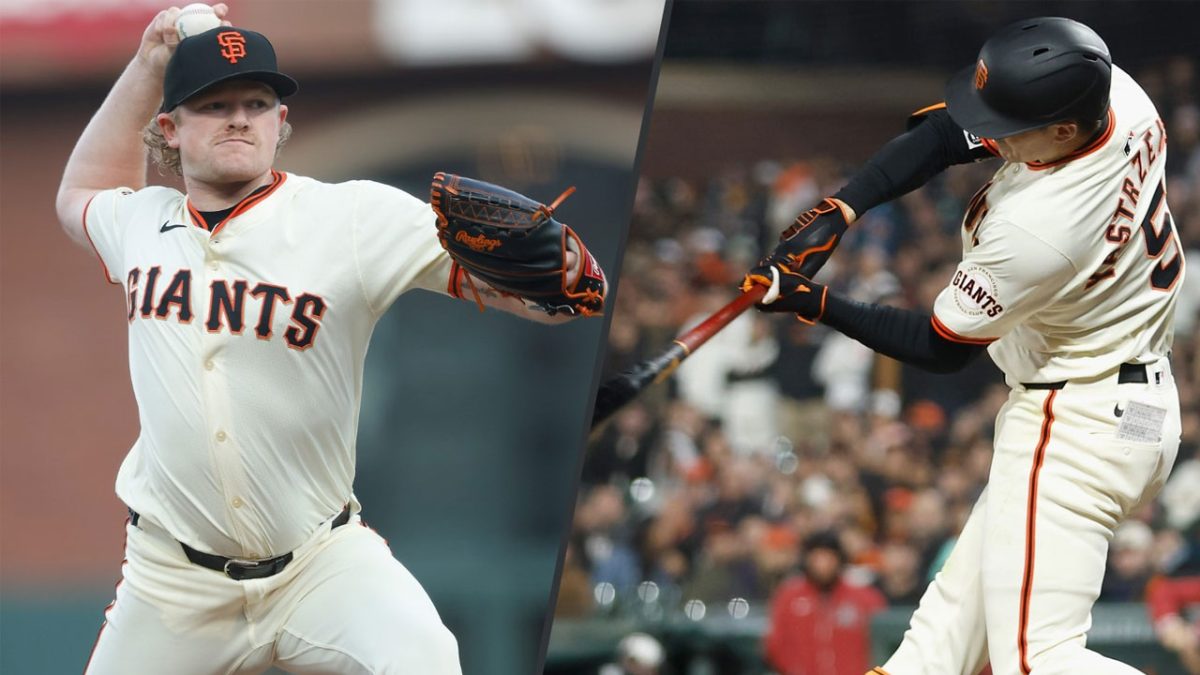The causal horse racing fan might be tempted to bet the favorite at the Preakness on Saturday, which is all but guaranteed to be Kentucky Derby winner Justify.
Horse wagering experts say that's what casual fans usually do.
"The general public, people who are just out for those four or five days a year … most of them want to say, 'Yeah, I bet on the Triple Crown horse," said Mike Ferrozzo, 2017 winner of the National Thoroughbread Racing Association's National Horseplayers Championship Tour.
They also say it's not a bad bet, even if the history of the sport suggests the winner of the Derby isn't a lock to win the Preakness. Only 35 horses have managed that feat, starting with the first Triple Crown winner, Sir Barton, in 1919.
Recent history actually makes it a better bet, notes Ellis Starr, national racing analyst for horseracing industry recordkeeper Equibase. In the last 20 years, 9 horses have secured the first two jewels of the Triple Crown (though only one of them has gone on to win the Belmont Stakes to complete the crown) and six other horses have come in second or third place. Another one, Barbaro, was injured in the Preakness and couldn't finish the race.
There may be a good reason for the Derby winners' recent dominance at Pimlico, said Starr and Ferrozzo: some trainers will choose not to let their horse face two grueling races in a row when the odds don't look very good, instead saving their strength for other races.
It's "the double whammy of coming back in two weeks and trying to beat the horse that just beat you" that convinces some trainers not to enter the Preakness, Starr said. Trainers know there are plenty of other chances for their horse to claim a big win.
Sports
"Prestige is important but you think about the horse's career," Starr said.
That leads to fewer competitors for the race at Pimlico. Where about 20 horses usually run in the Derby, the size of the field in the Preakness often drops to around 10, and that in turn raises the Derby winner's odds of winning the Preakness, Starr said. A horse that was believed to have had a 25 percent chance of winning the Derby automatically has a 50 percent chance in a field at the Preakness that's half the size.
Lately, it's the Belmont that's done more to dash the dreams of racing fans hoping to see a Triple Crown awarded. Only American Pharoah, in 2015, has managed it in the last four decades.
That's because other big competitors may have been rested for the Preakness while the Derby winner had just two weeks' rest after winning at Churchill Downs, followed by three weeks off before Belmont.
"It's ran two pretty hard races in a row," Ferrozzo said.
But at the Preakness, at least, Starr noted that betting on the favorite usually offers a chance for a profit in a couple of minutes' time — in recent years, a $2 bet returned $3 on Derby-winner California Chrome and $8.40 on winner I'll Have Another.
Starr said that other trainers will also be hoping for Justify to get its second win on the trot if they can't pull off the victory themselves.
"Even trainers of horses that would like to beat the Derby winner would feel bad for beating him or her as well, because everybody wants it for the good of the sport," he said noting that TV ratings and live attendence go up for the Belmont Stakes when a Triple Crown is on the line.
He and Ferrozzo had different suggestions for how to keep the wagering interesting if betting on Justify seems too simple.
Starr suggested the exotic bets, like exactas and superfectas — more how that works here.
As a handicapper, Ferrozzo breaks down races into different parts to see where it might be won or lost. If Justify gets out front early, he'll win, Ferrozzo said, but if it's close, two early leaders might tire each other out, leaving space for a closer to sneak up and win.
His advice for betting the Preakness: "Look for a horse who hasn't already gotten beaten by Justify, unless you can find some excuse" for why Justify caught a lucky break at the muddy, sloppy track at the Derby this year.



